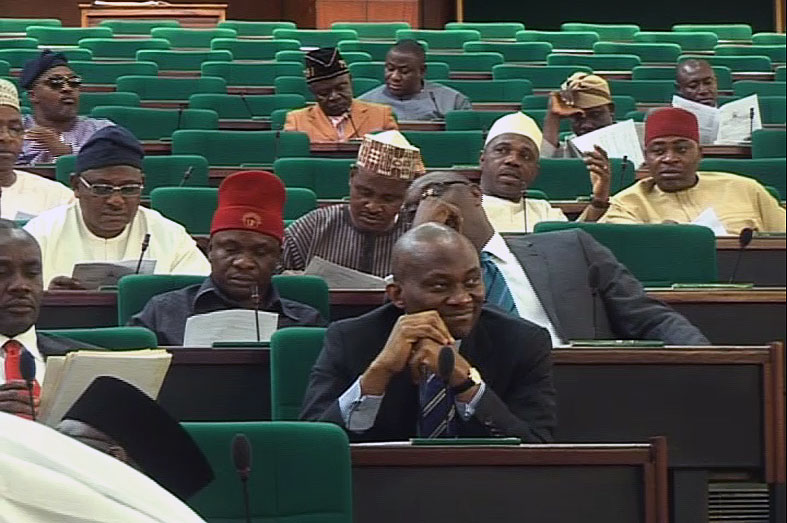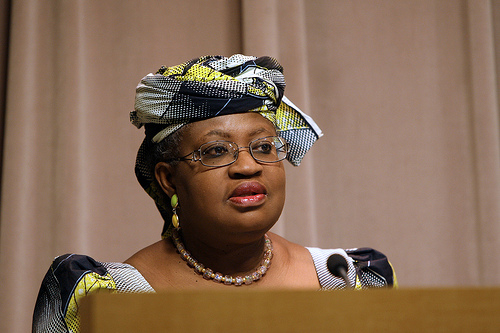Fed Govt Orders Review Of Double Taxation
The Federal Government has ordered the Federal Inland Revenue Service (FIRS) to review Nigeria’s double taxation law regime.
This is aimed at ensuring that tax treaties entered into would provide the maximum value for the country.
The Co-ordinating Minister for the Economy and Minister for Finance, Dr. Ngozi Okonjo-Iweala, disclosed this yesterday at a workshop on tax treaty in Abuja.
She said the Jonathan administration would continue to work hard on other reforms to improve the country’s investment climate, assuring that resources are being channelled to address the security challenges bedeviling the country.
She said: “No nation or government, which wishes to bring development to its people and become a respected voice in the international community, will ignore these critical issues.”
Okonjo-Iweala said a memorandum would be sent to the Federal Executive Council for the ratification of two other tax-related treaties entered into by the Federal Government. One with Sweden, and the other being Nigeria’s membership of the African Tax Administration Forum (ATAF), the umbrella body for tax administration in Africa.
While these treaty network are commendable, she expressed worries that they “still fall short of the expectations of Nigeria’s investors, especially since these countries account for less than half of our volume of trade, and excludes key trade partners such as the USA, Germany other European countries, India, and even ECOWAS states.
The tax system, being the main mechanism through which the government can influence private investment decisions, she added, is at the heart of this administration’s reform agenda.
She said: “We must reform our tax system for Nigeria’s competitiveness in the global economy to improve.”
Earlier, the Chairman of the FIRS, Mrs. Ifueko Omoigui-Okauru, said the workshop was on how to avoide double taxation and exchange of information strategy. According to her, “Nigeria’s increasing need for exchange of information agreements, which though not full-fledged treaties, are important in facilitating the free flow of information between countries and partner agencies and organisations.
“This is important given Nigeria’s invitation to and membership of the Organisation for the Economic Co-operation and Development OECD) global forum on transparency and exchange of information for tax purposes in 2010, further to which Nigeria would be ranked in 2013 on its compliance with global standards for exchange of information.
In an analysis of Nigeria’s tax treaty network, Omoigui- Okauru said: “We will show that we have not taken full advantage of the opportunities which exist in this regard. This narrow treaty network belies the extent of foreign investment into and out of Nigeria. Our current tax treaty network is not only inadequate and unsatisfactory, but may be viewed as an impediment to the inflow of investment into Nigeria and expansion by Nigerian companies to other jurisdictions.”
The focus, she explained, “is not to have a large treaty network which provides no tangible economic benefits to our country or our partners, such a treaty will be dead on arrival and will merely occupy space in our statute books.
The focus is to enter into agreements, which will enable us make Nigeria an attractive investment destination and also encourage Nigerian companies and businesses to take advantage of opportunities available in treaty jurisdictions.”








